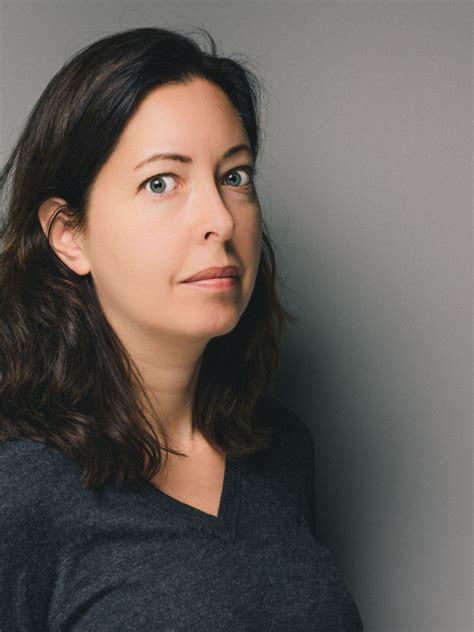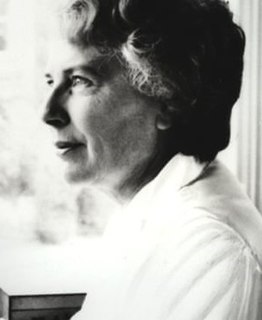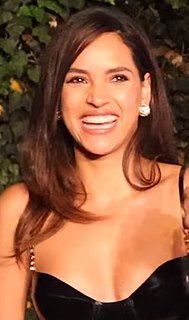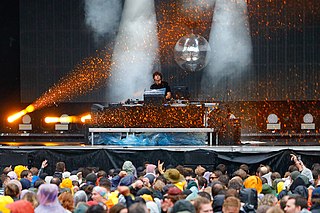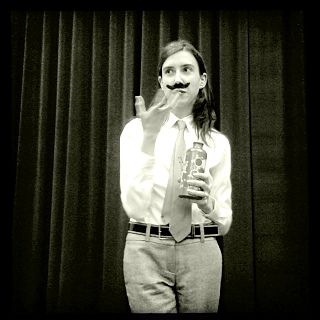A Quote by Jill Talbot
There's a moment in Sarah Manguso's The Guardians when she writes, "I try not to make anything up, and I fail every time." I get giddy when I come across lines like that - when the writer is not only making a meta-move, but one that troubles truth and fiction, the nature of genre itself.
Related Quotes
Creative non-fiction is such a liberating genre because it allows the non-fiction writer, whether he or she be journalist or essayist, to use all of the techniques of the fiction writer and all of the ideas, creative approaches, that fiction writers get a chance to use, but they have to use it in a true story.
Morning comes every day; the sunrise does not fail, nor the sunset.
Give it time. That is all that may be required. Just give it time. Do not try to push the river. The cycles of life present themselves, play themselves out, and make smooth every passage and terrain.
Try not to get caught up in your story of the moment. Look, rather, to the Long Story. Therein will be found your peace. The cycles will redeem this moment, if you let them, and even this shall pass.
It doesn't make sense for me to try to be, like, a dance dude who only releases two 12-inches a year and then plays every weekend. Making an album, you get to put out a body of work that shows a lot of different sides of you. And you get to work on it for an intense period of time and promote that album. And then you get to move on.
I don't write as much now as I used to, but I write. The lines still come, maybe periodically, and I'll go through these little bursts of time where I write a lot of things then a long period of time where maybe I don't write anything. Or these lines will come into my head and I'll write 'em down in a little book, just little sets of lines, but I won't try to make stories or poems out of them. I'm doing a lot of that now, just the lines.
I do love science fiction, but it's not really a genre unto itself; it always seems to merge with another genre. With the few movies I've done, I've ended up playing with genre in some way or another, so any genre that's made to mix with others is like candy to me. It allows you to use big, mythic situations to talk about ordinary things.
Suppose that a person writes what she must. That is only the first step of becoming a writer. The work must survive the moment of creation. It must get out to an audience. She or he must dare to show the work. She must risk ridicule, misunderstanding, scandal, condemnation, & what's often worse, none of the above: silence. No attention at all.


